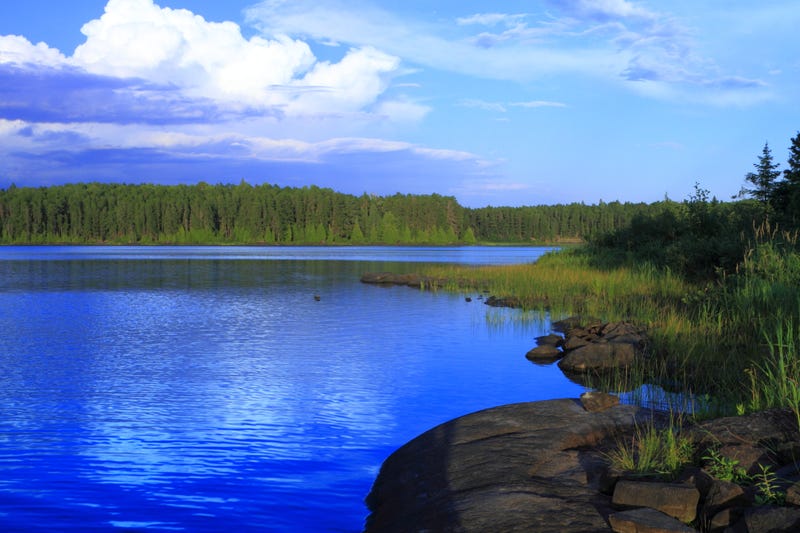
Minnesota lawmakers are introducing a bill to extend the state ban on mining in the Boundary Waters Canoe Area Wilderness which would also prohibit copper-nickel mining.
It follows an executive order by President Trump that essentially cancels a Biden Administration moratorium on mining in the area.
Ingrid Lyons is executive director of the nonprofit Save the Boundary Waters and says the area deserves the state's protection.
"Over 165,000 people visit this wilderness every single year, and it's not just popular on the national level," Lyons says. "In Minnesota, 70% of Minnesotans want to see the wilderness permanently protected from copper mining."
Supporters of copper-nickel mining in northeastern Minnesota say it would provide hundreds of new, good-paying jobs.
However, Lyons says the environmental impact can't be overestimated.
"Proposed copper mining immediately upstream of the Boundary Waters threatens all of this," she says. "This special place and its watershed, which is also the watershed of Voyagers National Park, Quetico Provincial Park, and like I said, the Boundary Waters Canoe Area Wilderness."
Last summer, the developers of a long-delayed copper-nickel mining project in northeastern Minnesota announced they plan to conduct a series of studies on potential ways to improve environmental safeguards and make the mine more cost- and energy-efficient, which could lead to significant changes to the design.
The plan is for a $1 billion open-pit mine near Babbitt and a processing plant near Hoyt Lakes that would be Minnesota’s first copper-nickel mine and produce minerals necessary for the clean energy economy. It is a 50-50 joint venture between Swiss commodities giant Glencore and Canada-based Teck Resources. The project was renamed NewRange Copper Nickel last year, but it is still widely known by its old name, PolyMet. The project has been stalled for several years by court and regulatory setbacks, but company officials say they are still moving ahead with preparations at the site.
Environmental groups have been fighting the project and said at the time their study is tantamount to an admission that the current mine plan is fundamentally flawed. They say mining the large untapped reserves of copper, nickel and platinum-group metals under northeastern Minnesota would pose unacceptable environmental risks because of the potential for acid mine drainage from the sulfide-bearing ore.
The Associated Press contributed to this story.
